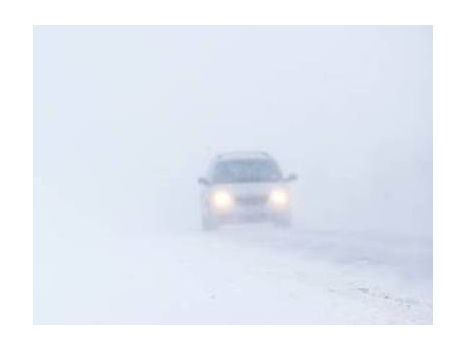Wall Street Analyst Predicts Podcast Ad Revenue Will Triple To $6 Billion By 2026.
- Inside Audio Marketing

- Sep 20, 2022
- 3 min read

Step by step, roughly a billion dollars at a time. That is the bottom line on Wall Street firm B. Riley’s updated outlook on how big the podcast ad market will become during the next few years. The firm is enlarging its estimates based in part on an acceleration of marketers coming into the medium, along with greater buy-in from creators for programmatic ad sales.
B. Riley forecasts podcast revenue will reach $2.02 billion this year and rise to $2.9 billion in 2024. It sees the industry growing at an average 34% growth rate between 2021 and 2026 when analysts see podcast ad spending topping $6 billion.
“Underpinning the increase to our podcast ad spend forecast is our especially bullish outlook for growth in programmatic spending, which we now see surpassing $1 billion by 2026,” says analyst Daniel Day. “Although host-read ads have historically accounted for the majority of podcast ad spend, checks indicate a significant uptick in interest in programmatic advertising among podcast creators and advertisers over the last year,” he tells clients in a new report.

B. Riley estimates that programmatic accounted for 7% of podcast ad buys last year. But it predicts that will hit 20% by 2026. And longer term, Day thinks it could account for 30% to 40% of industry ad sales. Yet there will likely be a ceiling he says, since host-read ads are likely to remain a “key part” of the market.
As baked-in ads give way to dynamic ad insertion (DAI), new revenue opportunities will open up as marketers look to reach customers based on demographics and geography. Day thinks DAI will make podcasting a more attractive medium for advertisers preferring to run traditional pre-produced ad campaigns too. But even more critically, it will help sell inventory in older episodes.
“The use of DAI is a necessary first step in allowing for greater share of programmatic ad spend within podcasting,” says Day. “DAI provides podcasters with the option to fill ad slots programmatically, increases the ease of buying audiences at scale for advertisers, and allows for better monetization of back catalogs. Although back catalogs represent a small percentage of total downloads for most podcasts, we believe that under-monetization of podcast back catalogs collectively represents a significant amount of potential ad spend that is currently being left on the table.”

Standing Up To A Downturn
Economists are split on whether there will be a recession, but even if one does occur Day thinks podcasters are well-positioned. “In a recessionary environment, we expect podcasting to continue to grow at a healthy clip,” he says. Unlike other digital media that have experienced significant CPM compression in recent months, Day points out that podcast rates are holding. “We see relatively little risk around either a significant pullback in podcast ad spend or CPM compression in a recession,” he tells clients.
Another important driver of podcast ad growth is the increasing depth of the advertiser base. Day predicts that ad tech addressing the “friction and fragmentation” in the ad-buying experience is likely to lure in even more to podcasting.
Appealing To Local And Regional Buyers
B. Riley says the use of ad tech should also help small and mid-sized businesses to “join the podcast party” seeing a “massive opportunity” to bring more local and regional buys to the industry. It expects a proliferation in podcasts aimed at local or regional audiences to help with that effort too.
“We still see room for additional companion podcasts to local radio news, sports, and talk to grow, not to mention greater availability of live local radio shows that can be consumed on-demand,” says Day. He thinks local TV and newspaper companies will also continue to embrace audio.
Day also believes podcasting has opportunities to grow its revenue through greater format diversity. Today five genres—news, comedy, culture, sports, and true crime—account for roughly two-thirds of ad spend.
“Fiction and adjacent genres such as podcasts aimed at children are significant untapped opportunities for podcasting as a medium,” he says. “While a niche within podcasting today, it is our view that the mass success of just one fiction podcast—likely accompanied by significant social media buzz—could catalyze widespread interest in the genre in the same manner that podcast listening more broadly was catalyzed in part by the success of the 2014 viral hit Serial.”




Comments